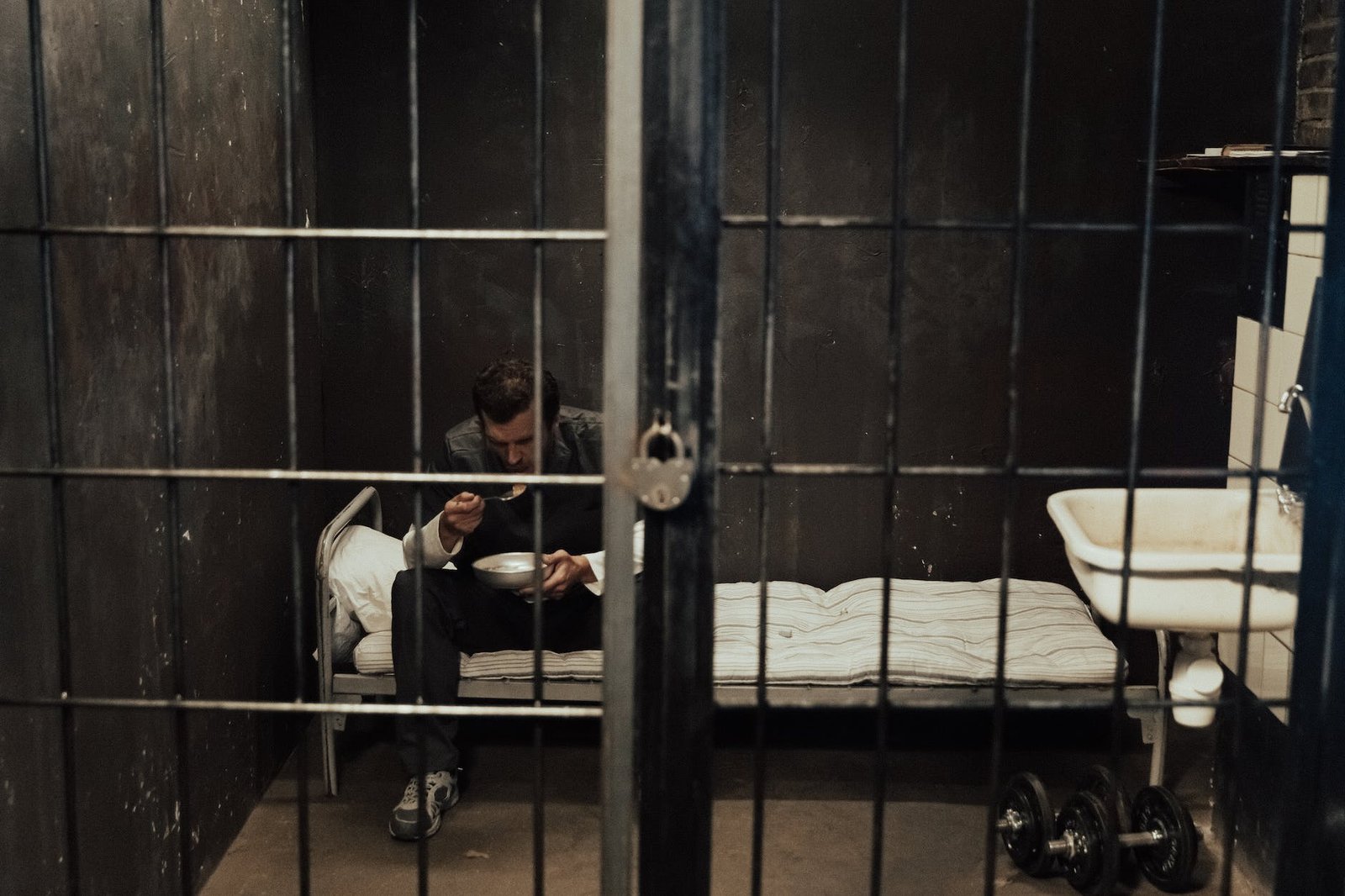Introduction
The criminal justice system in the United States is complex and varied, with each state having its own set of laws and regulations. One of the most glaring disparities between states is in the areas of sentencing and parole. While some states have parole systems in place, others do not, leading to significant differences in the length of sentences and the potential for early release.
The Parole System
Parole is a conditional release from prison before the completion of a sentence. It allows individuals to serve the remainder of their sentence in the community under supervision. The goal of parole is to provide a second chance for rehabilitation and reintegration into society.
However, not all states have parole systems. In states without parole, individuals must serve their full sentence behind bars, without the possibility of early release. This can result in longer periods of incarceration compared to states with parole systems.
The Impact of Disparities
The disparities in sentencing and parole laws across states have significant consequences. Firstly, individuals convicted of similar crimes may receive drastically different sentences depending on the state in which they were convicted. This leads to a lack of consistency and fairness within the criminal justice system.
Additionally, the absence of parole systems in some states means that individuals may spend longer periods of time in prison, even for non-violent offenses. This can have a detrimental effect on their rehabilitation and ability to reintegrate into society upon release.
Addressing the Disparities
Recognizing the need for reform, many states are actively working towards addressing the disparities in sentencing and parole laws. Some states have introduced legislation to establish parole systems or reform existing ones.
Efforts are also being made to promote consistency in sentencing across states. Organizations and advocates are pushing for guidelines that ensure similar crimes receive similar sentences, regardless of the state in which they are committed.
The Importance of Fair Sentencing
Fair and just sentencing is a fundamental principle of any criminal justice system. It ensures that individuals are held accountable for their actions while also providing opportunities for rehabilitation and reintegration.
By working towards reducing disparities in sentencing and parole laws, states can foster a more equitable and effective criminal justice system. This includes implementing evidence-based practices, considering factors such as individual circumstances and risk assessments when determining sentences, and promoting rehabilitation and support programs for incarcerated individuals.
Conclusion
The disparity in sentencing and parole laws across U.S. states is a pressing issue that needs to be addressed. It not only leads to inconsistencies and unfairness within the criminal justice system but also has a significant impact on individuals and communities.
Efforts to reform sentencing and parole laws are crucial for promoting fairness, consistency, and rehabilitation. By working towards a more equitable system, we can strive to create a criminal justice system that serves the principles of justice and provides opportunities for individuals to rebuild their lives.


0 Comments